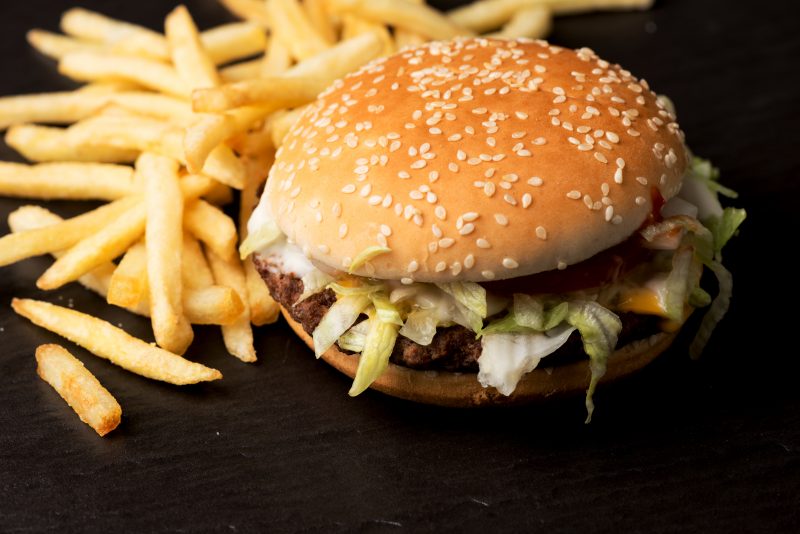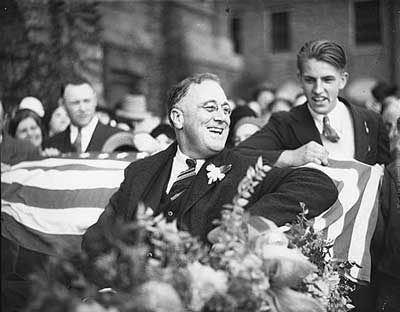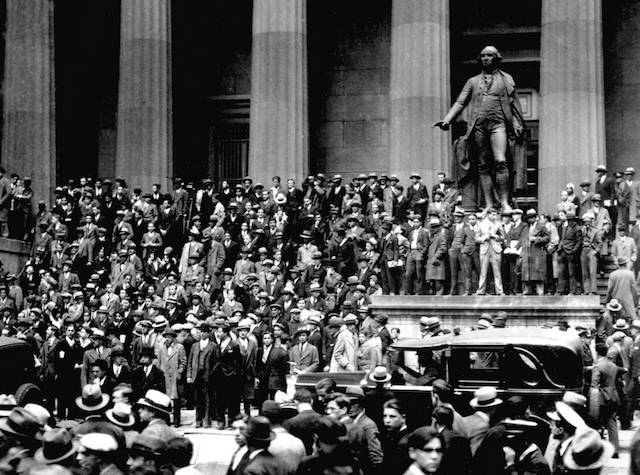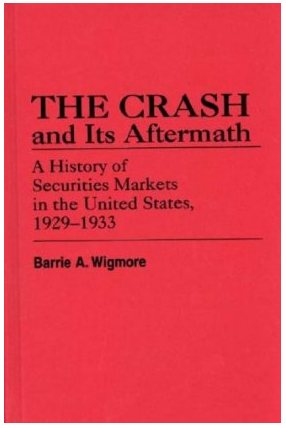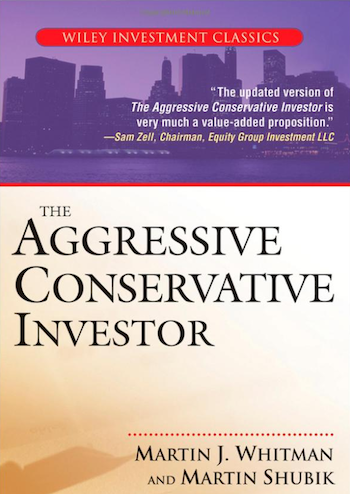A Quick Cash Flow Statement Lesson – A Look at How McDonald’s Real Payout Ratio Is 110%, Not 54% As First Appears
McDonald’s is one of those businesses that I love. The last time we talked about it was when I wrote the 25 Year Investment Case Study of McDonald’s, and showed how you could have turned $100,000 into anywhere between $1,839,033 and $5,547,089 depending on how you handled dividend reinvestment and the Chipotle split-off back in 2006, and the sorely lacking media coverage of McDonald’s results in February. No matter which way you look at it, despite periods of overvaluation and undervaluation, alternating with the underlying performance and the emotional moods of shareholders, McDonald’s has been a fantastic company. It makes its employees and shareholders a lot of money. It gives society something it wants, whether that be a plain salad with side of fresh fruit and a non-sweetened iced tea or a double cheeseburger with french fries and a Coca-Cola.


